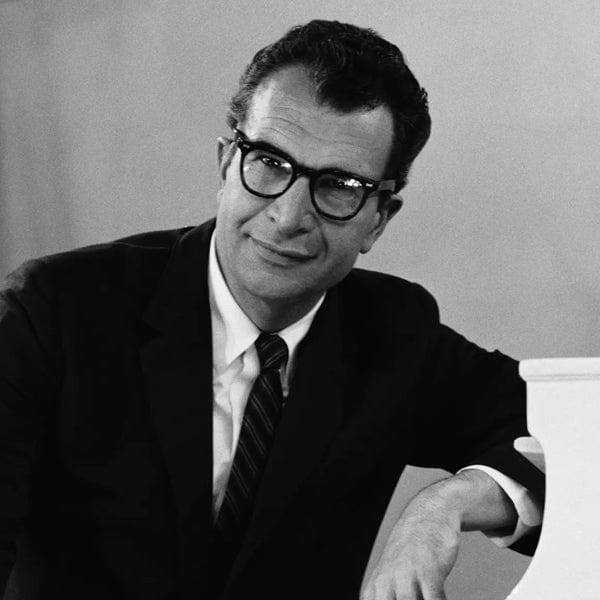Easton Davy on Dave Brubeck
Quote: “Jazz is about freedom within discipline”

Easton Davy on Dave Brubeck
“Despite the fact that I find the music of Dave Brubeck lighter than the East Coast Jazz that I rather listen to, I respect his musicianship very much, and what he meant for jazz in general. Brubeck integrated jazz and brought the music to a larger mainstream audience. His importance will never fade.”
“I became aware of this at the Newport Jazz Festival. I used to go this festival for many years to paint and sell my artwork. Most of the artwork that I sold there were icons like Miles Davis, Coltrane, Billie Holiday, Monk, and Charlie Parker. But every year there was always one person asking for Brubeck and I never had Brubeck. So, one year he performed at Newport, and I decided to paint him (in advance) and sell the work there. Although Brubeck was already at a high age, a lot of people came out to see him. There I realized I needed to pay more respect to him, and yes, I did sell his paintings, also to the person who asked me almost every year. Looking back, Brubeck made me realize I still have many great musicians to get to know.
Dave Brubeck (1920-2012) was an American jazz pianist and composer, best known for his pioneering work in the cool jazz and West Coast jazz movements. He was also a highly influential bandleader and a prolific recording artist. Brubeck's innovative approach to rhythm and his ability to blend complex time signatures into accessible, melodic compositions set him apart as a unique and influential figure in the jazz world. One of Brubeck's most famous and enduring works is the Dave Brubeck Quartet's 1959 album "Time Out," which features the iconic composition "Take Five." The album experimented with unconventional time signatures, including the use of 5/4 time in "Take Five" and 9/8 time in "Blue Rondo à la Turk." "Take Five" became a jazz standard and remains one of the best-known and most recognizable jazz tunes in the world. Brubeck's use of unusual time signatures and his ability to blend complex musical ideas with catchy melodies contributed significantly to his popularity and influence. He often explored different cultural influences in his compositions, creating a diverse and rich body of work. Throughout his career, Brubeck collaborated with many talented musicians and continued to innovate, incorporating elements of classical music, world music, and avant-garde jazz into his repertoire. He also composed several large-scale works, including ballets, operas, and choral pieces. Brubeck's contributions to jazz and his ability to bridge the gap between complex musical concepts and audience accessibility have earned him a lasting legacy in the world of music. His influence can be heard not only in jazz but also in various genres, making him a revered figure among musicians and listeners alike.